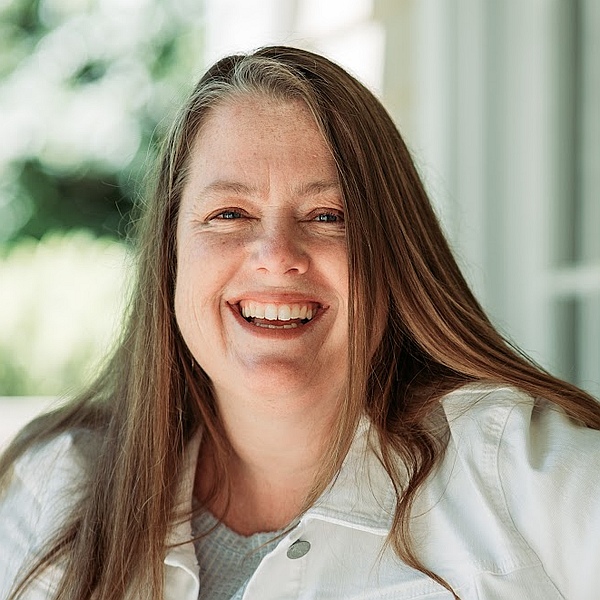Listen to this article
While therapy groups can be an integrative approach to overcoming all sorts of mental illnesses, anyone struggling with an eating disorder likely needs some kind of one-on-one therapy before eating disorder therapy groups are appropriate. However, therapy groups can be part of a holistic plan to overcome any disordered patterns of eating.
There are several types of eating disorders beyond the most talked about anorexia nervosa and bulimia nervosa. Other disorders include Binge Eating Disorder (BED), Avoidant Restrictive Food Intake Disorder (ARFID), Pica and Rumination Disorder.
Because your treatment journey is unique to you, your diagnosis must come from a trained psychologist who is qualified to help you recognize how your thought processes and behavioral patterns may be contributing to a specific type of disordered eating.
Your psychologist will also direct you to types of counseling and therapy methods, in addition to possible therapy groups. Once you are diagnosed, reviewing your treatment plan with your physician and counselor is a great next step.
Eating Disorder Therapy Groups: Factors to Consider
If your doctor and counselor believe eating disorder therapy groups will help you, how do you know if the group will be enough, or if you should stick with individual counseling? Here are a few factors to consider.
Does your budget or insurance plan support both individual counseling and therapy groups?
If the answer is yes, then the recommendation would be to continue both types of therapy until your clinician or your counselor recommends just group therapy.
Is your group therapy helping you make choices that further your recovery or hindering you?
If a group is causing you to compare yourself to others or harbor a competitive spirit toward someone else, then it may not be the right timing for therapy groups that could aid you more when you are further along in your recovery.
At what point of your recovery are you?
Did you just begin, or have you been in active treatment, taking steps toward recovery, for several months or even years? If you are just starting your journey to overcome disordered eating, it may be helpful to meet one-on-one with your certified counselor until he or she feels adding a group could bring you new awareness or tools to further your journey.
Are you an active participant in therapy groups?
 To benefit the most from a group therapy session, or a series of sessions, your participation is paramount. Sitting back and listening is a wonderfully empathetic skill, but it will not challenge you to change in the same way that participating in the group discussion will.
To benefit the most from a group therapy session, or a series of sessions, your participation is paramount. Sitting back and listening is a wonderfully empathetic skill, but it will not challenge you to change in the same way that participating in the group discussion will.
If you find yourself resentful toward the group or struggling to be present, talk to your counselor to see about switching groups or delaying group therapy for a later time.
Many eating disorders can be treated effectively solely through therapy groups, especially if your budget doesn’t allow individual counseling for the length of your recovery journey.
Some considerations to make when you are thinking about therapy groups are your physician’s health survey, your counselor’s recommendation, your specific medical diagnosis, and any comorbidities that may accompany your disordered thoughts and behavioral patterns of eating. Eating disorders aren’t just about the food itself; they are about a person’s relationship with food as they’re dealing with life.
If you struggle with symptoms of depression alongside disordered eating, for example, you will want to be under the care of a psychologist who may be able to prescribe additional layers of treatment such as medication and awareness practices. Family counseling is another layer that can be helpful as patients recover, especially if you struggle with openness about your eating disorder in the family environment or if you are under the age of 18.
Other things to consider when looking at whether therapy groups alone are enough for your treatment are the severity of your disorder, how long you’ve struggled with it, if you have completed all the phases of recovery, and/or if you are relapsing or have relapsed many times.
The specifics of your situation will dictate the types of treatment recommended, but therapy groups are often a part of the treatment plan for anyone struggling to overcome an eating disorder.
While eating disorder therapy groups are effective, especially with treatments such as Cognitive Behavioral Therapy, it’s not recommended to stop other parts of your treatment plan without consulting first with your psychologist and/or primary care physician. If you are taking medication, always consult your physician before stopping treatment.
The most important thing to remember is that you are not alone. The counselors at Allen Christian Counseling in Texas are here to help. Reach out to find a trained eating disorder counselor in Allen, Texas or to inquire about eating disorder therapy groups in your area.
“Grass of the Field” Courtesy of Aaron Burden, Unsplash.com, CC0 License
- Brooke Turbyfill: Author
Brooke Turbyfill is a freelance editor and writer from north Georgia; she enjoys connecting with people over coffee, hiking, and reading books of all genres. When she isn't editing a book or writing an article for clients in the health and education...
Recent Posts
DISCLAIMER: THIS ARTICLE DOES NOT PROVIDE MEDICAL ADVICE
Articles are intended for informational purposes only and do not constitute medical advice; the content is not intended to be a substitute for professional medical advice, diagnosis, or treatment. All opinions expressed by authors and quoted sources are their own and do not necessarily reflect the opinions of the editors, publishers or editorial boards of Stone Oak Christian Counseling. This website does not recommend or endorse any specific tests, physicians, products, procedures, opinions, or other information that may be mentioned on the Site. Reliance on any information provided by this website is solely at your own risk.




